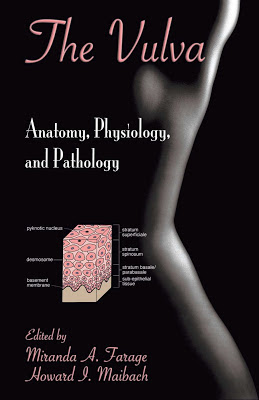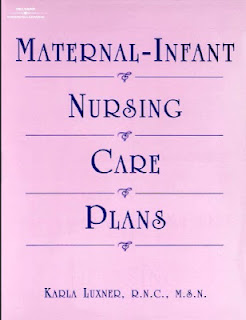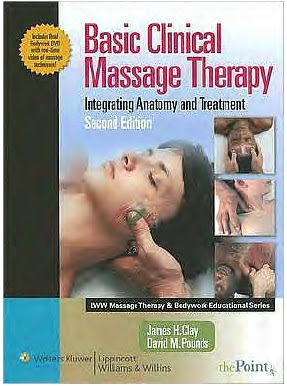Nutrition in Clinical Practice Ebook

Chapter 12 Diet and Cancer The link between diet and cancer, supported by in vitro, animal, and epidemiologic studies, is convincing. Decisive intervention trials are for the most part lacking, however, because of the protracted time course of carcinogenesis and a lack of reliable surrogate markers in most cases. An exception is studies in populations with well-defined nutrient deficiencies that increase the risk of specific cancers, where supplementation may dramatically reduce risk; the Linxian study in rural China is noteworthy (1,2). Most reviews of diet and cancer cite the work of Doll and Peto (3) and suggest that one-third or more of all cancer is related to nutritional factors and potentially preventable by nutritional means. Dietary factors may influence cancer initiation, promotion, and progression via direct effects on DNA, indirect effects on immune function (see Chapter 11), and overall vitality (see Chapter 45). As is the case for atherogenesis, the process of carcin...










